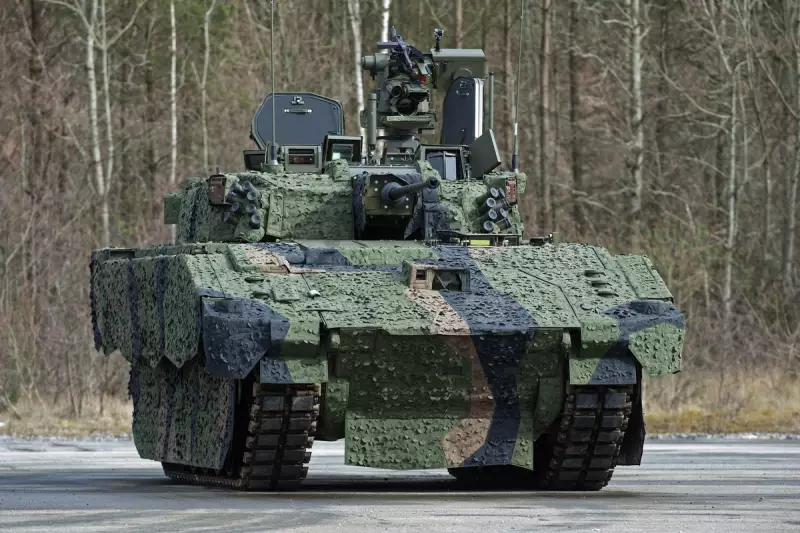
Army Suspends Troubled Ajax Programme Following Soldier Illness
The British Army has been forced to immediately pause all use of its Ajax armoured fighting vehicles for training and exercises after approximately 30 soldiers became unwell during a war game on Salisbury Plain. Personnel emerged from the vehicles suffering from symptoms including vomiting and uncontrollable shaking, attributed to excessive noise and vibration.
Investigation Launched 'Out of an Abundance of Caution'
A Ministry of Defence spokesperson confirmed the two-week suspension, stating that the investigation was initiated proactively. "This weekend, a small number of soldiers reported symptoms of noise and vibration, having taken part in an exercise involving the Ajax armoured fighting vehicle," the spokesperson said. The Army stopped the exercise immediately and tested all personnel involved. Upon testing, around 30 personnel were found to be affected.
While a "vast majority" have now been cleared to return to duty, a small number continue to receive expert medical care. The Minister for Defence Readiness and Industry, Luke Pollard, requested the pause for all Ajax training and exercises for a fortnight while a safety investigation is conducted.
Latest Setback for £6.3 Billion Programme
This incident represents a significant new setback for the £6.3 billion Ajax programme, which has been plagued for years by delays and injuries related to the same issues of noise and vibration. The timing is particularly awkward for the MoD, as it comes just weeks after Defence Minister Luke Pollard declared on 5 November that the Ajax had "left its troubles behind" and had proven itself as "the most advanced medium-weight armoured fighting vehicle on the planet."
The vehicle was originally intended to enter service in 2017 but only achieved Initial Operating Capability (IOC) at the start of this month, meaning it can now deploy a squadron on operations. Out of a planned fleet of 589 vehicles, more than 160 have already been built. However, even before this latest pause, it was estimated that the programme was still four years away from achieving full operating capacity. The Ajax is slated to replace the CVR(T) vehicles, which first entered service in 1971.
A limited amount of testing will continue during the two-week halt, aimed at identifying and resolving the ongoing issues with the platform.





